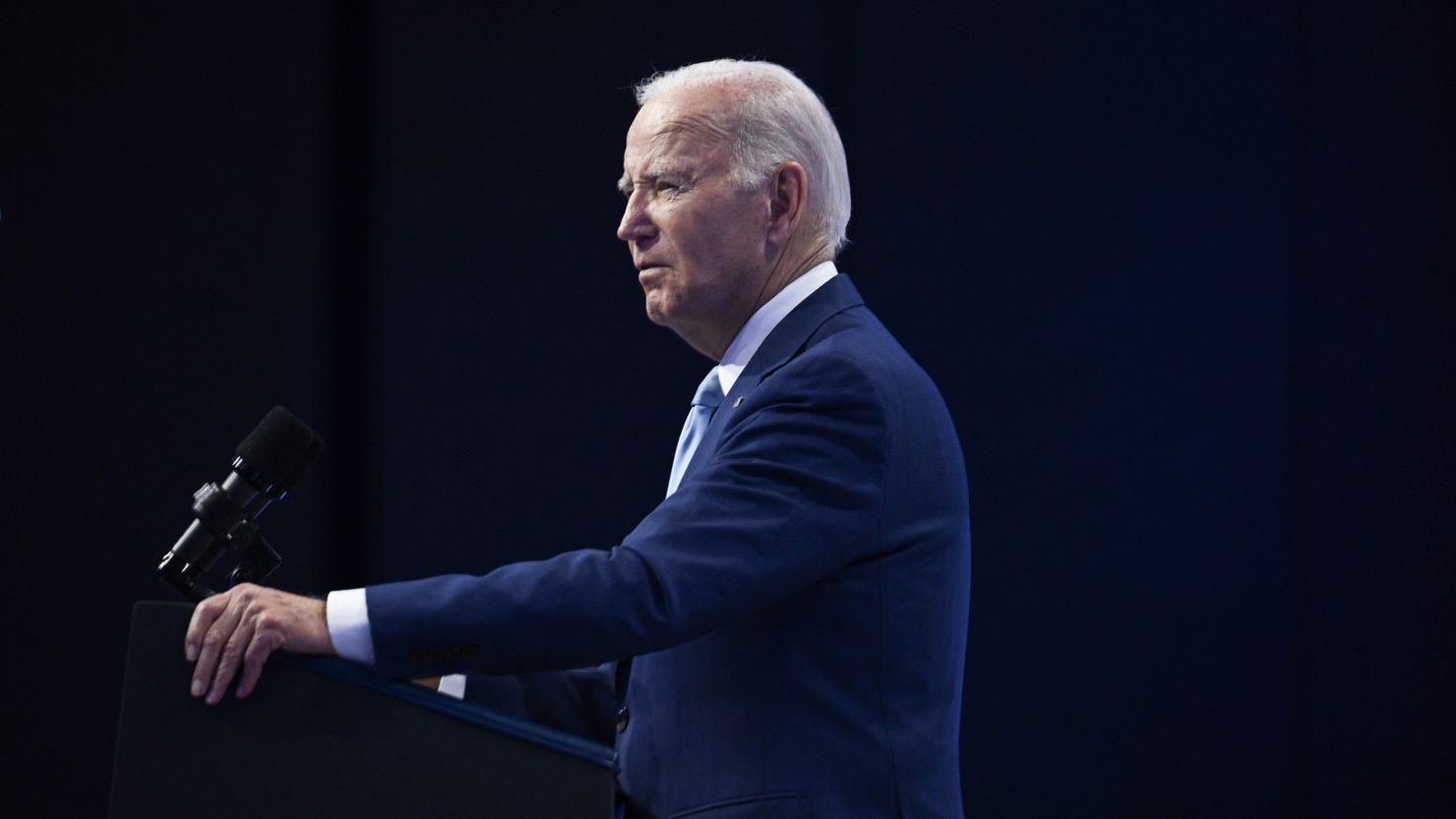Political observers suggest that working-class Latino and Black voters are shifting towards the GOP, similar to the historical trend observed among working-class White voters. The rejection of “woke” ideology on issues such as crime, immigration, and LGBTQ rights is identified as a driving force behind this shift.
The GOP aims to build a “multiracial populist coalition,” a concept gaining traction among analysts. The argument suggests that both White and non-White voters without a college degree share a common working-class DNA, and their political shifts stem from the same root.
Despite recent polls showing Biden with a narrow lead among Black and Latino voters, analysts question whether this indicates a lasting structural realignment or immediate dissatisfaction with the current economic situation. Some argue that dissatisfaction with the economy, rather than cultural alienation, might be the primary factor influencing working-class non-White voters’ political shifts.
The GOP’s challenge lies in the changing demographics of White voters without a college degree, a group shrinking as a share of the total vote. To remain competitive, Republicans need to grow their support among non-White voters, especially those without college degrees.
The 2020 election saw a surprising improvement in Trump’s support among non-White voters without a college degree, challenging assumptions about racial and cultural preferences. The reasons for this shift remain debated, with some attributing it to an ideological rejection of Democrats’ cultural liberalism, while others emphasize Trump’s perceived qualifications in managing the economy.
Despite the GOP’s gains among non-White voters in 2020, the 2022 midterm election revealed a stall in the movement of working-class minority voters towards the GOP. Democrats won a higher percentage of Latinos without a college degree, suggesting that economic dissatisfaction did not translate into a decisive shift.
The 2022 success among minority voters is viewed with caution, as it may be influenced by the disconnection of economically marginal voters from the political system. Democrats need to address economic concerns and convince voters that they are actively working to improve their financial situation.
Concerns about Biden’s position among minority voters have risen due to recent polls showing a narrow lead, with a significant share expressing dissatisfaction with his economic policies. The GOP sees an opening to further appeal to non-White voters in 2024 by addressing economic concerns.
The key for Biden is to present tangible efforts to improve the economy and address voters’ concerns. While discontent about high costs persists, Democrats can win economic arguments by convincing voters that they are actively pursuing policies to help them.
Despite some discontent, Democrats have demonstrated success in winning economic arguments among minority voters. However, the depth of discontent about the economy poses a significant hurdle for Biden. To match historic performance, Biden needs to convert voters on other issues, with resistance to GOP’s cultural priorities providing an opportunity.
As debates continue over whether minorities are abandoning the Democratic Party due to cultural issues, polls show that, on many actual cultural policies, non-White voters, including those without a college degree, align with Democrats. However, the perception that the GOP has been “taken over by racists” remains prevalent among non-White voters without a college degree.
Trump’s potential 2024 nomination and his stance on immigration and cultural issues may impact minority voters’ opinions. Democrats hope to prevent slippage among minority voters by highlighting differences with the GOP on issues like abortion and immigration.
In conclusion, Biden’s challenge lies in navigating the economic discontent among minority voters. While the GOP sees an opportunity to appeal to non-White voters, Democrats can leverage their positions on cultural and racial issues to prevent a significant shift. The outcome will play a crucial role in determining whether Biden can secure a second term.




